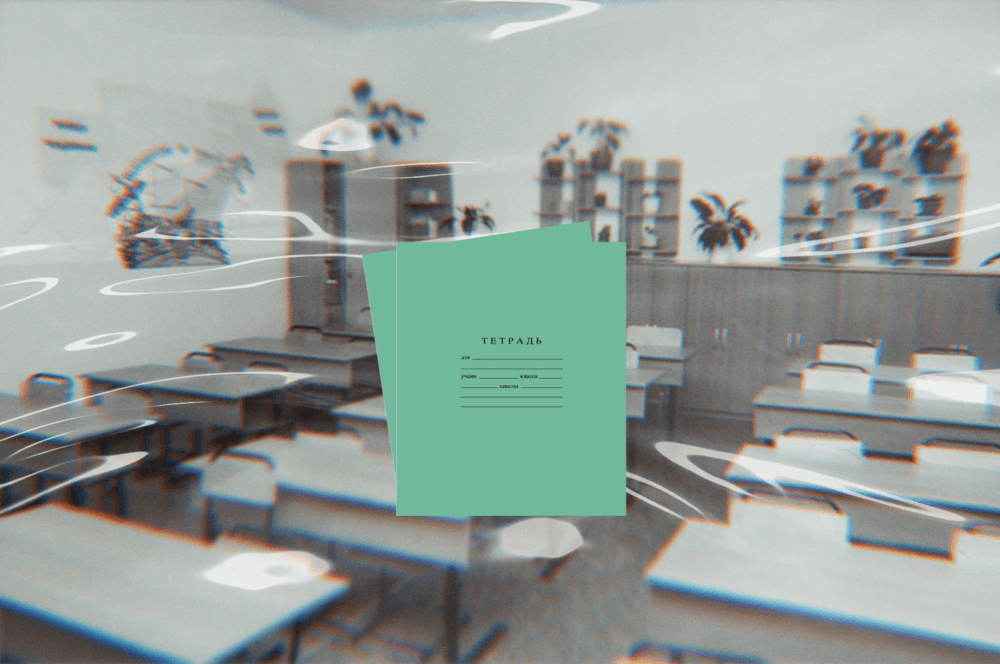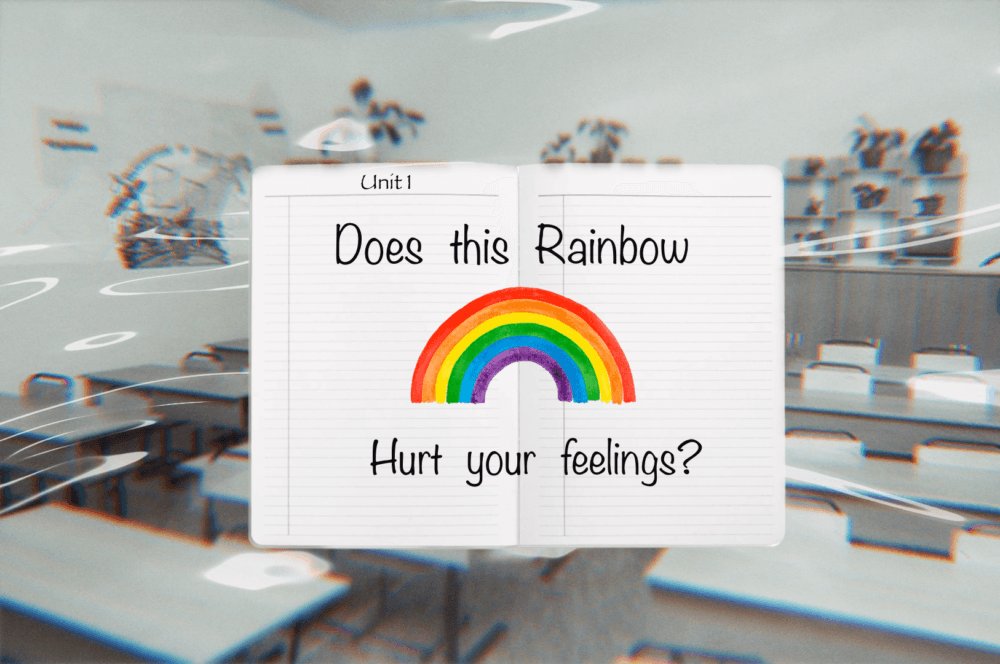
There is a saying in Azerbaijani schools: “The teacher is your mother, and the school is your second home.”
Edel, now 18, remembers his school years in a southern Azerbaijan town, where he found himself the target of relentless bullying from both his peers and educators.
“I was bullied ever since elementary school; my classmates didn’t accept me, they wouldn’t sit with me, and they often used the term ‘sissy’ to refer to me. Older students would lock me in the bathroom. After these incidents, rumors spread that I was gay, and naturally, I faced even more harassment,” Edel remembered.
These incidents continued until Edel’s final year of school, and even deprived him of participating in his graduation day. Remaining silent within the conservative and rural environment of the country became his only recourse.
Edel’s experience at school resonates with young adults in Azerbaijan who identify as LGBTIQ+. Just last year, another student boycotted their school because of the violence and isolation they faced for being transgender.
The level of homophobia in his area made it difficult for Edel to accept himself and explore his sexuality.
“I had a crush on one of my classmates. I confided in my close friends, and that day turned into a nightmare for me. My phone wouldn’t stop ringing when I got home. My friends had spread the news. The boy I liked and even the school principal were aware of it.”
Edel emphasized that when he decided to talk to his classmates about discovering his sexual identity, he did so with joy. Yet, except for two classmates, everyone called Edel sinful and disgusting.
According to psychologist Ayshan Bayramova, bullying targeting LGBTIQ+ students affects their future professional and personal lives. Bayramova affirms that LGBTIQ+ students often struggle with insecurity when it comes to forming romantic and other social relationships later on.
“Even forming relationships with colleagues becomes difficult for them, and past experiences hinder their academic success,” the psychologist emphasized.
Despite these challenges, Azerbaijani schools and authorities have largely remained silent on the issue, failing to address the rights and well-being of LGBTIQ+ students.
Edel recounted that one morning upon entering the classroom, he noticed religious books on his desk. “I entered the classroom, I saw Quran and books about the place of homosexuality in religion. My closest friend used to wear a hijab. Her father is a well-known mollah [a religious clerk]. She tried to assure me that her father could ‘cure’ me. Fortunately, this meeting never happened.”
“After the 9th grade, I stopped going to school and my attendance drastically weakened. But no one cared about me. The school psychologist was useless, and throughout my 11 years [of school], she never contacted me, even though the whole district knew I was queer and being bullied.”
Bullying is a persistent problem in Azerbaijan. There are still no laws or effective mechanisms against bullying in the country.
Addressing the mitigation of racism and discrimination, last year the European Commission recommended Azerbaijan establish a system to monitor and combat racist and anti-LGBTIQ+ incidents in schools.
Edel’s strongest desire was to participate in his graduation ceremony at school. But due to isolation, he did not participate in the ceremony and did not enter university.
“If they had cared about me properly, I would have at least attended the graduation ceremony. But they would laugh at me, ignore me, and ridicule me. Due to bullying, my mental health deteriorated, and I couldn’t get alternative education because state education wasn’t effective; I couldn’t enter a university.”
Yet Edel remains determined. He intends to pursue education in film directing. He has chosen to focus on human rights within his writing, songs, and films as his mission.
Now he has only one request from the government:
“I want the state to take these issues seriously. The issues facing LGBTIQ+ should be addressed in educational institutions, and efforts should be made to combat queerphobic bullying. We don’t want another student from another school to commit suicide due to discrimination.”
Azerbaijan ranks at the bottom of the ILGA Europe’s Rainbow Index, which evaluates the legal rights of LGBTIQ+ individuals in Europe on an annual basis.

